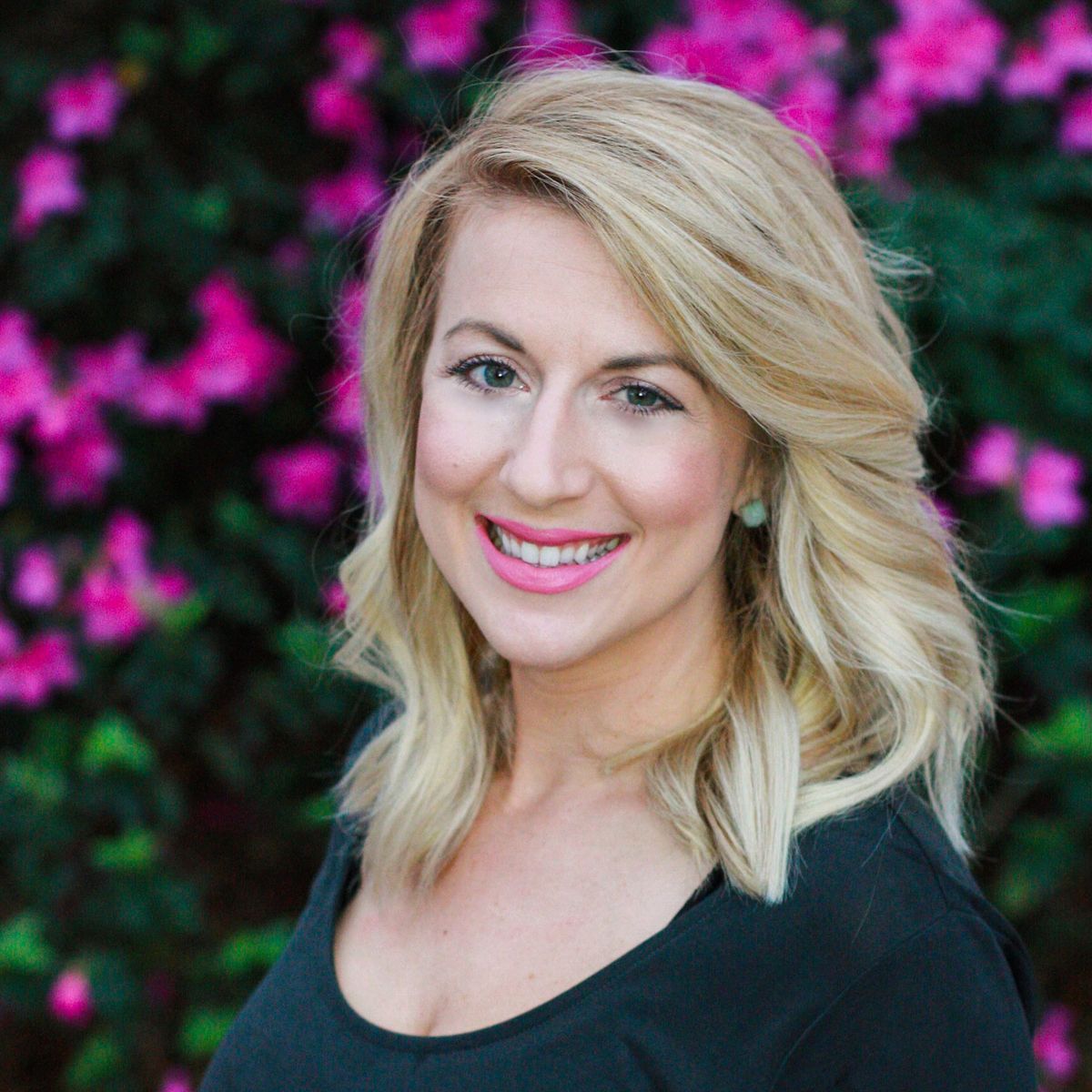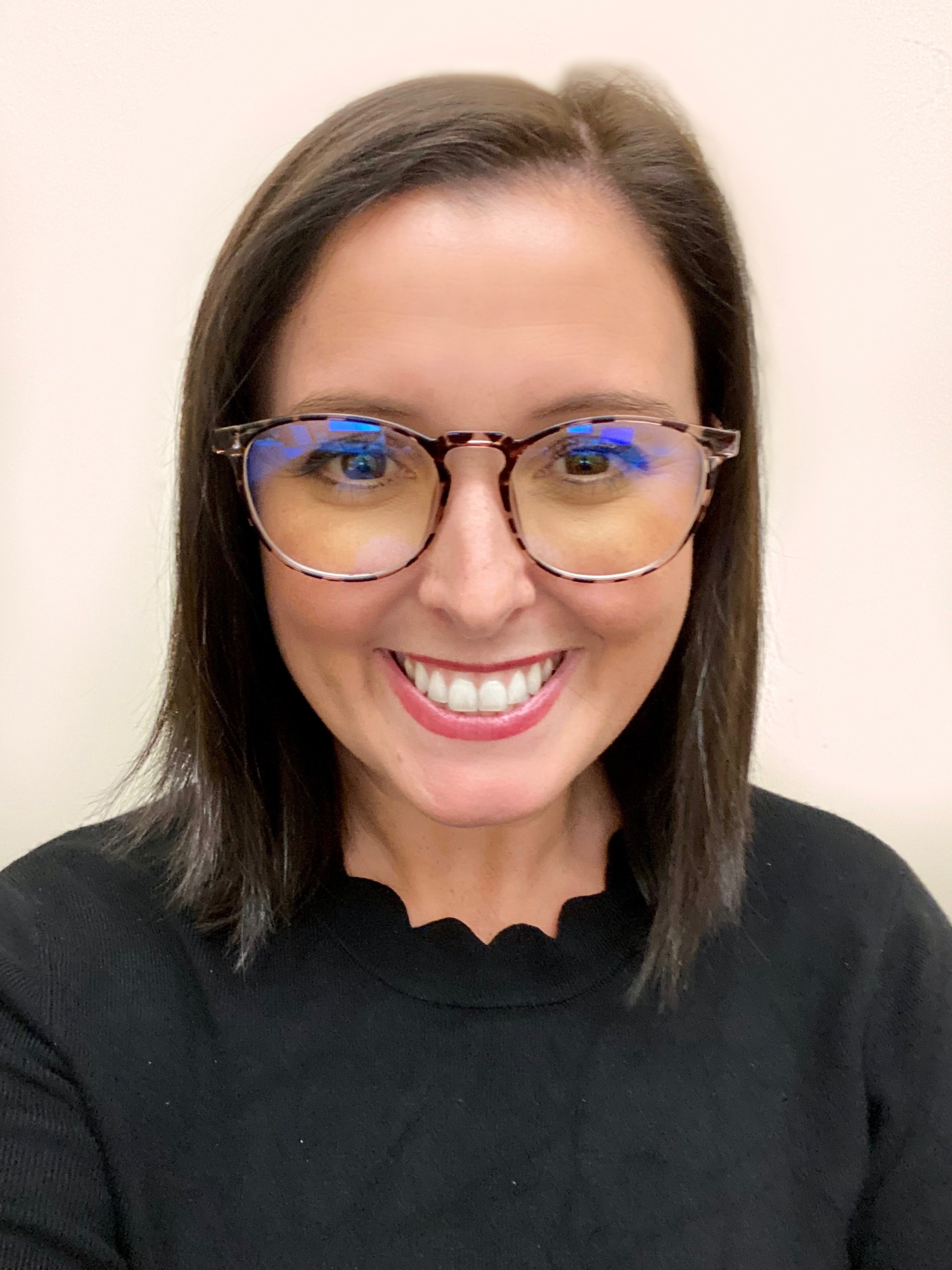Next Gen Navigator
Supporting Implementation With High-Quality Instructional Materials and Professional Learning: A Perspective From Louisiana
By Breigh Rhodes, Tana Luther, and Molly Talbot
Posted on 2022-09-29
Disclaimer: The views expressed in this blog post are those of the author(s) and do not necessarily reflect the official position of the National Science Teaching Association (NSTA).
As state education agency leaders, one of the most powerful tools we have to make excellent science instruction a daily reality for all learners is supporting local school systems in the selection and successful implementation of high-quality instructional materials (HQIM) and professional learning (HQPL). Looking back, Louisiana’s Board of Elementary and Secondary Education adopted the Louisiana Student Standards for Science based on A Framework for K-12 Science Education in March 2017. This timing was relatively late compared with that of other states transitioning to the Next Generation Science Standards, but in just five short years since then, Louisiana’s local systems’ decisions to adopt HQIM and HQPL have increased significantly. The progress we are making to accelerate and scale standards-aligned science instruction across Louisiana is encouraging.
This progress has been made possible by the Louisiana Department of Education’s (LDOE) clear and concrete years-long efforts to build a coherent and comprehensive system of incentives and support around HQIM. The underlying theory of action at LDOE and the basis for all academic work is informed by research and our belief that classroom instruction is most impacted by three components: curriculum, assessment, and teacher professional learning. These three components must be of high quality and tightly aligned for maximum impact on student learning; therefore, we work intentionally and strategically to build strong coherence across these areas.
Because of the foundation previously built with math and English Language Arts (ELA), when new science standards were announced in 2017, not only were Louisiana schools and systems ready to embrace HQIM, but they also expected access to excellent resources and professional learning to quickly follow. The national landscape of high-quality science materials we encountered, however, was still barren. We knew it was critical to meet the strong demand, so we took immediate steps to boost the supply of materials to match it.
Coinciding with the release of standards, in the era before EdReports began tackling science reviews, Louisiana launched online reviews of full-course science materials to provide local systems with easy-to-understand, transparent information on how curricula measured up in terms of quality alignment to standards and additional indicators. At the same time, we worked with expert educators to quickly design scope and sequence documents as a stopgap to support an immediate shift toward three-dimensional instruction during the transition year. These suggested bundles and accompanying resources included local phenomena and questions that could be used to launch each unit, and where possible, links to open-source units, such as inquiryHub Biology, that had earned national marks of quality.
To address the critical gap in available full-course programs designed for 3-D standards, Louisiana also joined a consortium of states and science curriculum developers in OpenSciEd, an initiative to design high-quality, freely available and adaptable science materials. As science HQIM are identified, partners for related HQPL are signaled, and as choices have become available, we have worked to expand the system of aligned incentives and supports established with other content areas to science.
To sustain the progress made in high-quality instructional materials implementation, Louisiana continues to leverage funding, high-quality pilots, and LDOE-developed resources. Competitive funding for HQIM and HQPL for eligible schools stems from a consolidated school system planning process that identifies struggling schools and provides targeted academic support grounded in HQIM through a planning framework for school improvement. Plans require systems that request funding for HQIM to also request funds for aligned HQPL to support successful implementation. Acknowledging the critical role of knowledgeable and skillful leaders to support and sustain ongoing implementation efforts, eligible schools also receive funding for Science Content Leader training, a series designed to build content knowledge, skill with using high-quality curriculum, and capacity for supporting fellow educators in day-to-day planning and implementation.
Another structure for ongoing implementation support is the growing suite of resources developed by LDOE, along with Teacher Leader Advisors. Examples of these resources—all grounded in HQIM—include self-paced science professional learning modules, Louisiana-specific implementation guidance, and distance learning supports.
While we recognize that more work is needed to ensure that every student in our state has access to a positive, inclusive high-quality science learning environment each and every day, we are proud of our state’s efforts thus far. We encourage other state science leaders to look for the high-impact opportunities to be leveraged and obstacles to be overcome within your own context. We operate on a scale with many complex and dynamic systems, and trying to determine which levers to adjust can be overwhelming if we let it. Additionally, the pace with which we see returns on our investments to influence positive change can feel snail-like compared to the urgency we feel around this work.
Take heart. Look for ways within your system to “make the right choices easy choices” for teachers, schools, and systems. When it comes to advancing equitable science for all students, remember that it’s okay to feel the immediacy of such significant work while playing the long game at the same time.

Breigh Rhodes serves Louisiana’s 700,000+ students by ensuring teachers, schools, and systems have access to high-quality math, science, and STEM instructional materials and aligned professional learning as Director of Math, Science, and STEM for the Louisiana Department of Education. Before joining LDOE, Rhodes taught math and science and worked to support fellow educators through curriculum writing, teacher training, and STEM program innovation in Louisiana’s public schools.

Tana Luther is a Science Specialist for the Louisiana Department of Education and serves on the Louisiana Science Teachers Association’s Board of Directors and the OpenSciEd State Steering Committee. Before joining LDOE in 2022, she spent 11 years in Ascension Parish Public Schools as a middle school science and math teacher.

Molly Talbot is a Science Specialist for the Louisiana Department of Education, a National Geographic Certified Educator, and serves on the OpenSciEd State Steering Committee. Before joining LDOE, she served as an assistant principal and science instructional coach following seven years of teaching in elementary classrooms.
Note: This article is featured in the September 2022 issue of Next Gen Navigator, an e-newsletter from NSTA that delivers information, insights, resources, and professional learning opportunities for science educators by science educators and focuses on the themes highlighted in Call to Action for Science Education and on the Next Generation Science Standards and three-dimensional instruction. Click here to sign up to receive the Navigator.
The mission of NSTA is to transform science education to benefit all through professional learning, partnerships, and advocacy.
NGSS Three-Dimensional Learning


